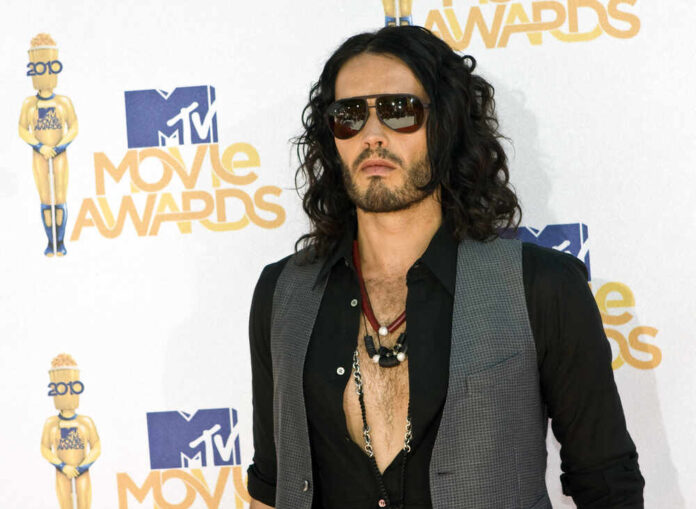
Actor, comedian, and influencer Russell Brand faced an arbitrary suspension from YouTube this week, halting his revenue streams from the platform. The action followed allegations against Brand by several women, further escalating the debate on big tech’s instantaneous adjudications and their repercussions.
YouTube’s decision to suspend Brand comes amid several organizations distancing themselves from him, emphasizing the tension between presumed innocence and the substantial consequences stemming from unproven allegations. This tension is especially poignant given the lack of legal conclusions and the preliminary nature of investigations into the claims against Brand.
lol wow
i think this was the fastest a conspiracy theory was proven true leaving corporate media with egg on their facehttps://t.co/pBuEbm9ii7
— Tim Pool (@Timcast) September 20, 2023
YouTube has cited the violation of its “Creator Responsibility” policy as the rationale behind the suspension, emphasizing the protection of the community from potential off-platform harm caused by creators. This move by YouTube and the subsequent distancing by organizations like the BBC, even before any formal legal verdict, raise critical questions about due process and the moral obligations of platforms in balancing community protection and individual rights.
While the British Prime Minister’s office and figures like James Cleverly have underscored the gravity of the allegations, it is imperative to maintain a balanced perspective and uphold the principle of “innocent until proven guilty,” lest we allow media investigations to overshadow due process and trigger disproportionate ramifications even before formal legal scrutiny.
With the below letter to TikTok from the UK Parliament, they sent a similar letter to Rumble, demanding that Rumble deplatform and demonitize Russell Brand – a citizen who has not been charged with, let alone convicted of, any crimes.
We'll cover this on @SystemUpdate_ tonight: https://t.co/37kH38PgDN
— Glenn Greenwald (@ggreenwald) September 20, 2023
Brand’s ideological evolution and newfound role as a wellness influencer make the timing of the investigations and ensuing consequences a subject of speculation, focusing on whether his divergence from mainstream narratives and increasing prominence have marked him as a target for powerful media entities and platforms.
Is this indicative of an environment where dissenting voices are suppressed under the pretext of “community protection?” As we navigate through narratives filled with severe yet unproven allegations, sustaining a dialogue where diverse voices are heard, respected, and judged with fairness and impartiality, respecting the established legal norms is essential.
Big tech’s handling of the allegations against Brand exemplifies the delicate intersection of power, influence, and the preservation of fair judgment in our digital society. Whether actions like YouTube’s are genuinely for community welfare or are veiled attempts to silence dissent, it emphasizes the pressing need for transparent and equitable platforms that can accommodate diverse viewpoints while adhering to the principles of fairness and the rule of law.














